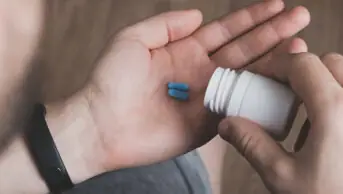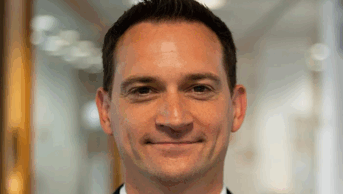On 5 February 2020, I concluded a three-part learning series for the The Pharmaceutical Journal which discussed the management of dental emergencies in community pharmacy[1]
,[2]
,[3]
. This was just before England’s chief dental officer released guidance, on 25 March 2020, to suspend all routine dental care as part of measures to slow the spread of COVID-19[4]
.
Now more than ever, pharmacists can support patients with non-urgent dental problems and provide access to dental services during the pandemic. They can also help support the delivery of oral health messages and self-care advice for several non-urgent conditions, while signposting patients appropriately if they require urgent or emergency dental assessment[1]
,[2]
.
This health crisis has resulted in significant alterations to pathways for accessing dental care, with a focus on reducing face-to-face consultations through teledentistry and remote application of the ‘3 A’s protocol’: advice, analgesia and antimicrobials[4]
. There are limitations to remote consultations, particularly in dentistry, where operative treatment may eventually be required to alleviate problems, such as dental pain or an abscess. As routine dentistry continues to be postponed, it is increasingly likely that patients will try to make contact with alternative health services, such as GPs, NHS 111 and pharmacies.
Urgent dental care centres have been set up across the country, so that patients with urgent dental needs that cannot be managed remotely can still access care during the pandemic[4]
,[5]
. Any patient presenting to a pharmacy with a dental problem should be directed to urgent care services by[5]
:
- Calling their dental practice, which can provide a telephone triage service and advise where they can access an urgent dental care centre if required;
- Using the NHS 111 service if they cannot contact their dentist or if they do not have one.
Pharmacists should familiarise themselves with this new process of directing patients to dental care as dental services begin to return to normal. In a letter to dental practices, Sara Hurley, NHS England’s chief dental officer asks for services to recommence on Monday 8 June 2020[6]
.
Jaspreet Virdee, dental core trainee, Oral and Maxillofacial Surgery Unit, Northwick Park Hospital, London
References
[1] Virdee J & Amin K. Pharm J 2018;301:(7917). doi: 10.1211/PJ.2019.20206002
[2] Virdee J & Amin K. Pharm J. 2019;302(7925). Available at: https://www.pharmaceutical-journal.com/cpd-and-learning/learning-article/managing-dental-emergencies-in-community-pharmacy-hard-tissue-conditions/20206002.article (accessed June 2020)
[3] Virdee J & Amin K. Pharm J. 2020;304(7934). Available at: https://www.pharmaceutical-journal.com/cpd-and-learning/learning-article/improving-oral-health-preventative-care-messages-in-community-pharmacy/20207613.article (accessed June 2020)
[4] Hurley H & Neligan M. 2020. Available at: https://www.england.nhs.uk/coronavirus/wp-content/uploads/sites/52/2020/03/issue-3-preparedness-letter-for-primary-dental-care-25-march-2020.pdf (accessed June 2020)
[5] NHS. 2020. Available at: https://www.nhs.uk/common-health-questions/dental-health/how-can-i-access-an-nhs-dentist-in-an-emergency-or-out-of-hours/ (accessed June 2020)
[6] Edgington T. BBC News. 29 May 2020. Available at: https://www.bbc.co.uk/news/health-52838072 (accessed June 2020)


